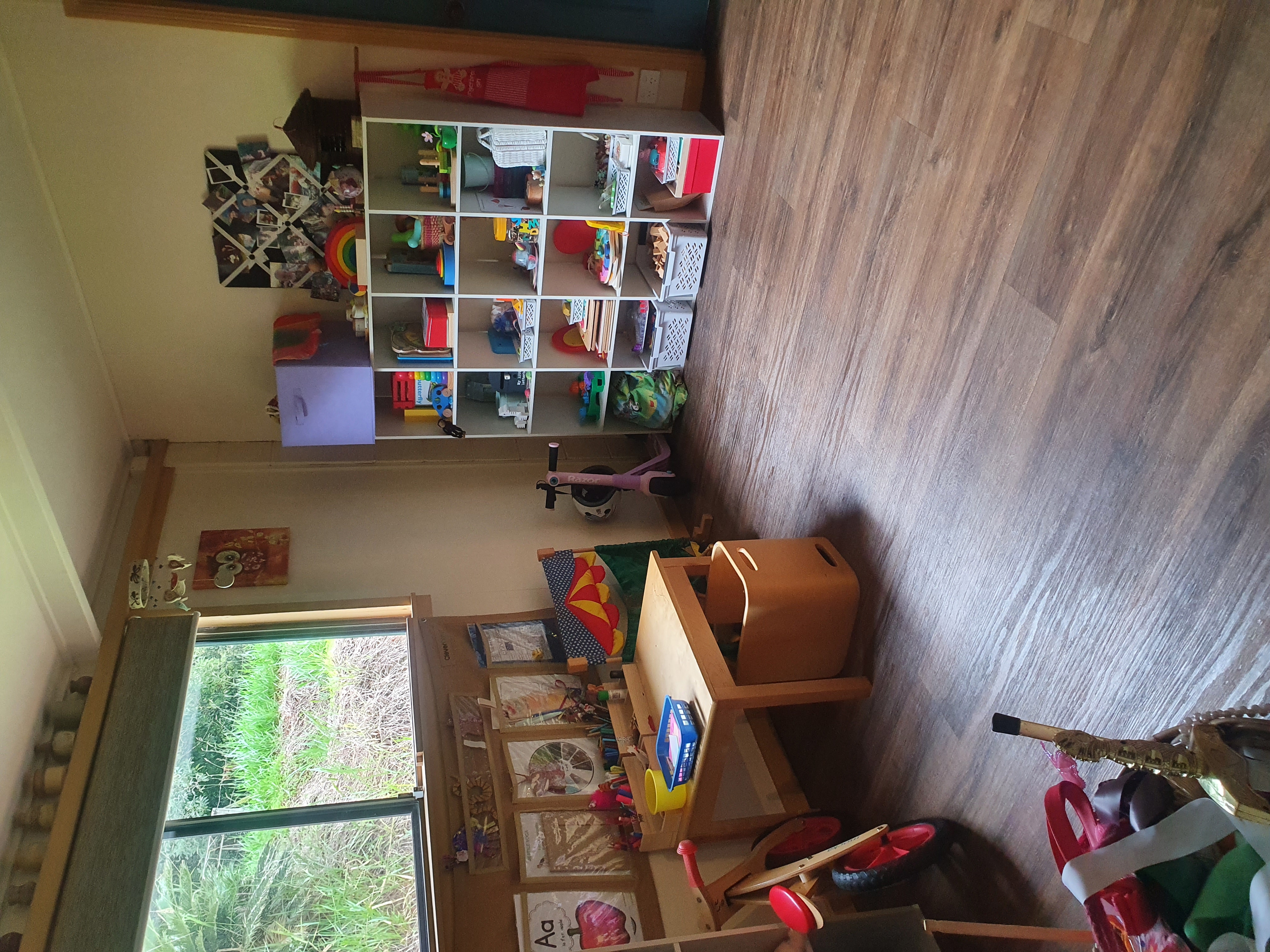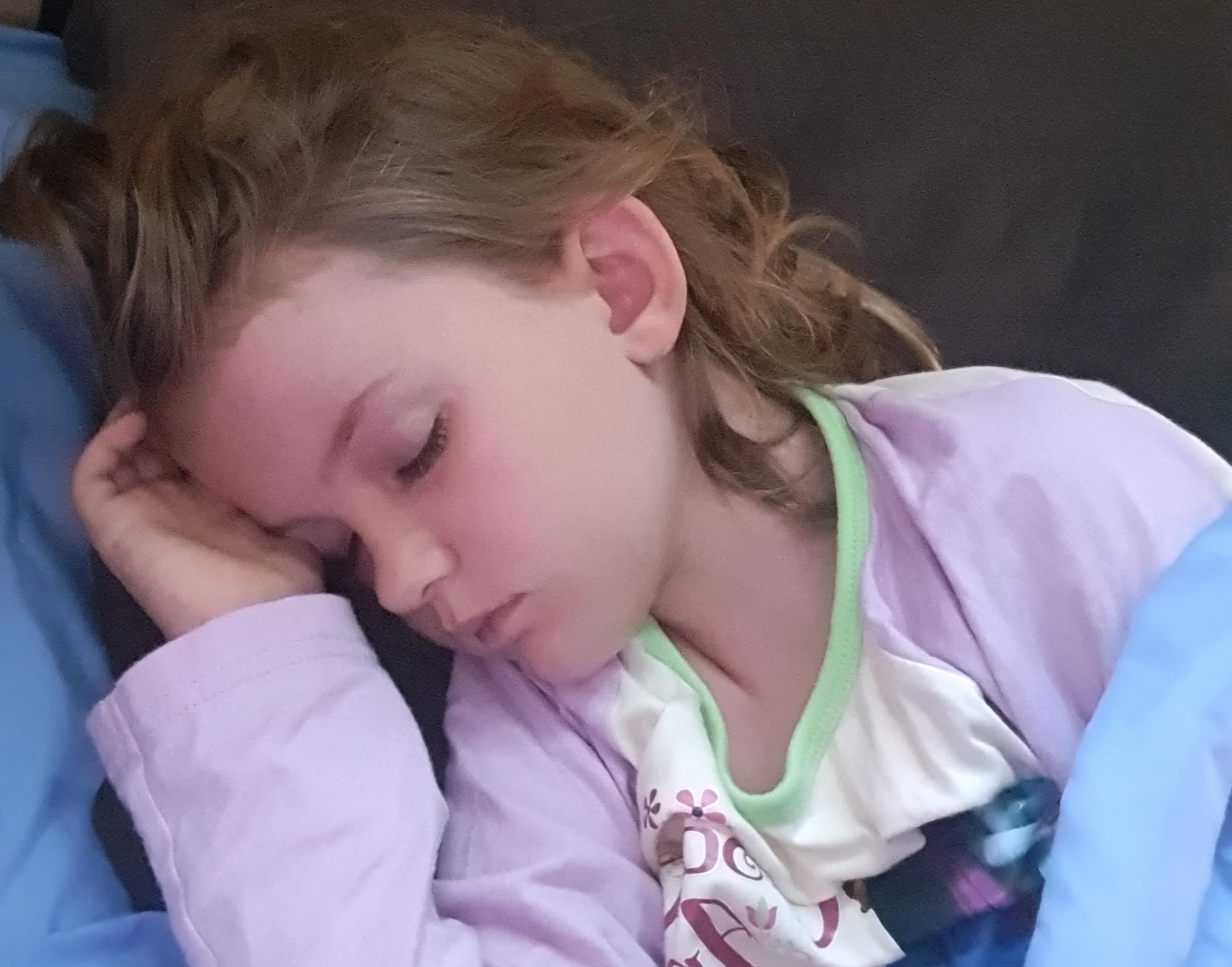Mama's Musings
Adaptable, Loving, and Present
Homeschooling is a journey of growth - not just for our kids but for us as parents and educators. Like any journey, it brings with it twists, turns, and unexpected leaps, and in my experience, the ability to adapt to these changes is as essential as any lesson plan. Today, I’d like to share some thoughts on adapting to change as a homeschooler and why flexibility, openness, and family-centered priorities are key.

Recognising the Need to Be Flexible
One of the greatest gifts homeschooling offers is flexibility. Unlike traditional schooling, where a rigid schedule dictates the pace, homeschooling allows us to pivot when needed. But it’s easy to get caught up in our own expectations - believing we have to “finish the curriculum” or “stick to the plan” no matter what. We must remember that plans are just that: a rough guide, not a rulebook. Life will throw curveballs, and learning to embrace them with grace and flexibility helps us model adaptability for our children.

For a few year...
What is an Invitation to Learn?
I've had a lot of questions about some terms I use, lately.
What is an invitation to learn?
What is strewing?
What is a rich learning environment?
Why are you so passionate about make memories?

This photo is of Zeah's learning space a couple of years ago. It still looks like this, but with some of the toddler items moved on, and more big-kid things (and mess, plenty of mess). This room itself is an invitation to learn - there are a variety of toys, art activities, games and books (out of the shot) and she can set up to play and not have to pack it away right away. The room is an open area off our living space so she can see and hear me while I do Mum things, or work from home. For older kids, an inviting space might be games displayed on shelves, a comfy place to sit and read, quality books that are easy to find, art supplies that are accessible and interesting with images for inspiration, blank journals and nice pens, or a musical instrument in a living space (eg our guitars are ...
Homeschooling During Illness
We've recently had a cold that was bad enough that we couldn't go out to work and play, but not so bad that we felt like resting all day, every day. While the symptoms were fairly mild, it did drag on for a couple of weeks, and of course I caught it a week after Zeah, so we were housebound for three weeks! In our family, when a child is sick we watch relevant Magic School Bus episodes that explain what's going on with our bodies when we're unwell. You know you're a homeschooler when catching a cold is a learning opportunity!

Staying home gave us time to read more stories, watch movies together, do craft, play board games, and generally spread toys and busy-ness all over the house! Zeah also attended a couple of Outschool classes, which were a great social connection for her, without infecting anyone! What a relief! She usually loves to go to gymnasics, sport, homeschool group, and swimming each week, as well as seeing friends regularly, so staying home for a few weeks was lone...
Seasonal Fun 2: Winter
Winter warmth comes from within…
Winter is a beautiful season for connecting with our loved ones and taking time to acknowledge the wonder of Earth’s cycles. While there may not be blooms of colour, scuttling wildlife, or lazy afternoon picnics to enjoy, there are many meaningful activities to acknowledge the turning of the wheel with your little ones.
If you have a seasonal table or shelf, you’ll be packing away your Autumn items to make way for some winter seedpod fairies, perhaps on a white or palest blue cloth with some favourite candles for lighting in the evenings… Sprigs of evergreens, refreshed often, will bring some life and colour to your home and brighten up the seasonal display as well. As time passes, this seasonal tableau can become an important means of bonding the family with nature, and with each other. Like all celebrations, festivals and rituals, it serves as a conscious recognition of time passing.
Nature walks can still be enjoyed in cooler months, step out in...
Seasonal Fun 2: Autumn

Autumn is harvest time. Embrace nature’s abundance...
Immersing children in the rhythm of the seasons assists their unfolding as spiritual beings in a physical world. Recognising rhythms – night and day, the seasons, lunar cycles, festivals and traditions – have become less important to us as humans. For our ancestors, these were the essence of life.
If you have not yet set up your own seasonal table or shelf, as described in previous Seasonal Fun columns, it is a wonderful way to explore the ways that our environment changes through the year; and to display works of art, items from nature and books. If you have a table, it is now time to pack some of your summer items away (don’t forget to photograph the display first) and gather items for autumn. Our world abounds with gifts in autumn, take a walk with your child to gather a variety of seeds and coloured leaves for your display and craft activities.
Nature walks can be enjoyed from babyhood. Usually, babies are calmed by watchin...
Friday Freebie: Avoiding Burnout
I've just completed a workbook I started this time last year! I sense a theme... I'm thinking about the overwhelm as our year comes to an end (and oh my - what a year)!
Without proper support it can feel almost impossible to nurture your family relationships and maintain a home based learning journey long-term.
To access this FREE 20 page printable workbook, click on the cover, below, and enjoy!
Nature Craft for Kids
I appreciate art & craft for kids inspired by nature, using natural and recycled ingredients. I prefer my children not be exposed to art & craft products which contain ingredients they shouldn’t be putting on their skin (or in their mouths, as they do!). I don’t want to add to landfill once the fun is over, so ideally what we consume when being creative will return to the Earth.

We don’t need to buy expensive natural kits or products to choose nature craft. Instead of looking in a discount store at the over-packaged foam, plastic and glitter items, head outdoors to find treasures you can use.
There are books in the library, and many websites dedicated to creating from nature, but it’s great to be inspired by the items you find, and your child’s imagination. Ephemeral art is a creation that happens once, not with the intention of creating something to keep. It might be a mandala created from leaves during a picnic, or a funny face made from shells and seaweed at the beach. Take a ph...
Friday Freebie: Gratitude Page
Gratitude is a bit of a buzz word again, isn't it? As we are faced with a lot of fear and change, isolation and information, I figured it might be a good time to share one of my favourite mental health tools...
I first started consciously practicing gratitude when I read Simple Abundance in 1995. More than any other tool, gratitude has helped improve my mood and mindset consistently during the past 26 years of motherhood. Gratitude journals, gratitude meditations, gratitude lists, gratitude apps - I've tried them all! I also like to ask my children about their favourite part of their day, an outing, a trip, or an activity.

Today's freebie is a gratitude worksheet - a big brainstorming session you can do alone or with your children, family or friends. Afterwards, if you don't already, you might like to try recognising "three things" you're grateful for, do this in any way you like - on your phone or a notebook, out loud or in your head before you sleep each night for at least a cou...
Friday Freebie: Parenting Webinar
5 Social Lessons Every Child Must Know
with Nicholeen Peck
In order for children to be successful socially they need good examples to model after. And what better model to use than yourself? In the webinar, 5 Social Lessons Every Child Must Know, avid homeschool and parenting expert Nicholeen Peck will go through the tools children need to interact with peers while learning social conduct from the best examples they have, their parents.
I almost always find useful tips and tools, and of course encouragement in parenting workshops, webinars and books. I've been parenting for 26 years and I'm still learning!
This FREE WEBINAR with Nicholeen Peck is on TODAY! So book now! It may be recorded for later viewing, check back for more info.
Resource Review: The Barefoot Investor for Families
When The Barefoot Investor by Scott Pape was published in 2017, I heard about it everywhere and so grabbed myself a copy in paper and audio editions. I read the book, listened to the audiobook (read by Scott himself), joined a facebook groups where the concepts were discussed, subscribed to the Barefoot emails.... And yes, I opened the ING accounts! The books are less than $20 each (new), and are also available as ebooks and audiobooks.

We didn't implement all of the ideas in the book - a lot of the Barefoot steps we were already doing, or didn't apply to us. The way Scott simply and humorously laid out the strategies he suggests made it easy to implement a few easy changes which meant instantly increased savings, decreased expenses, and reaching goals more quickly. Reassuringly, he reminds readers often to "tread your own path."
I bought this book for some of my younger siblings and adult children, I loved it so much! I've heard back from most of them that there was at least one...






